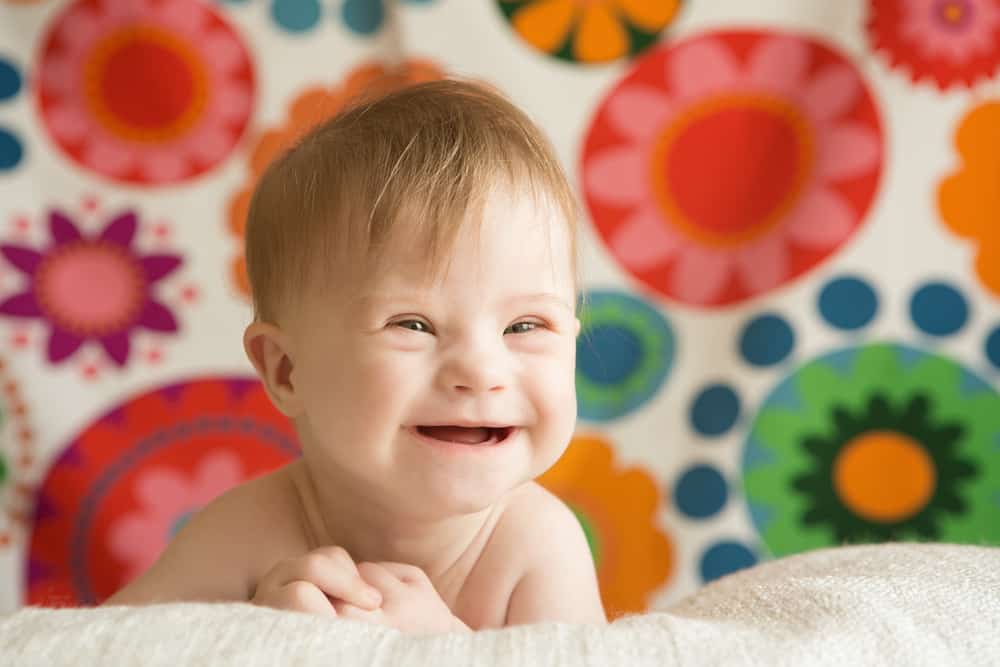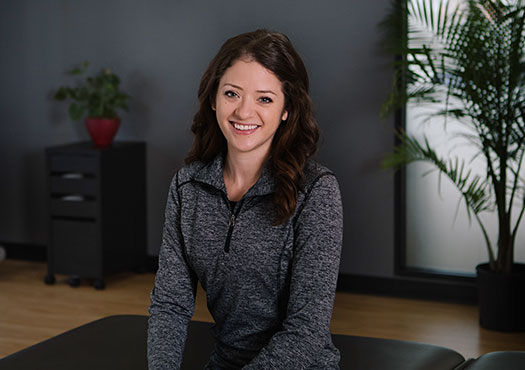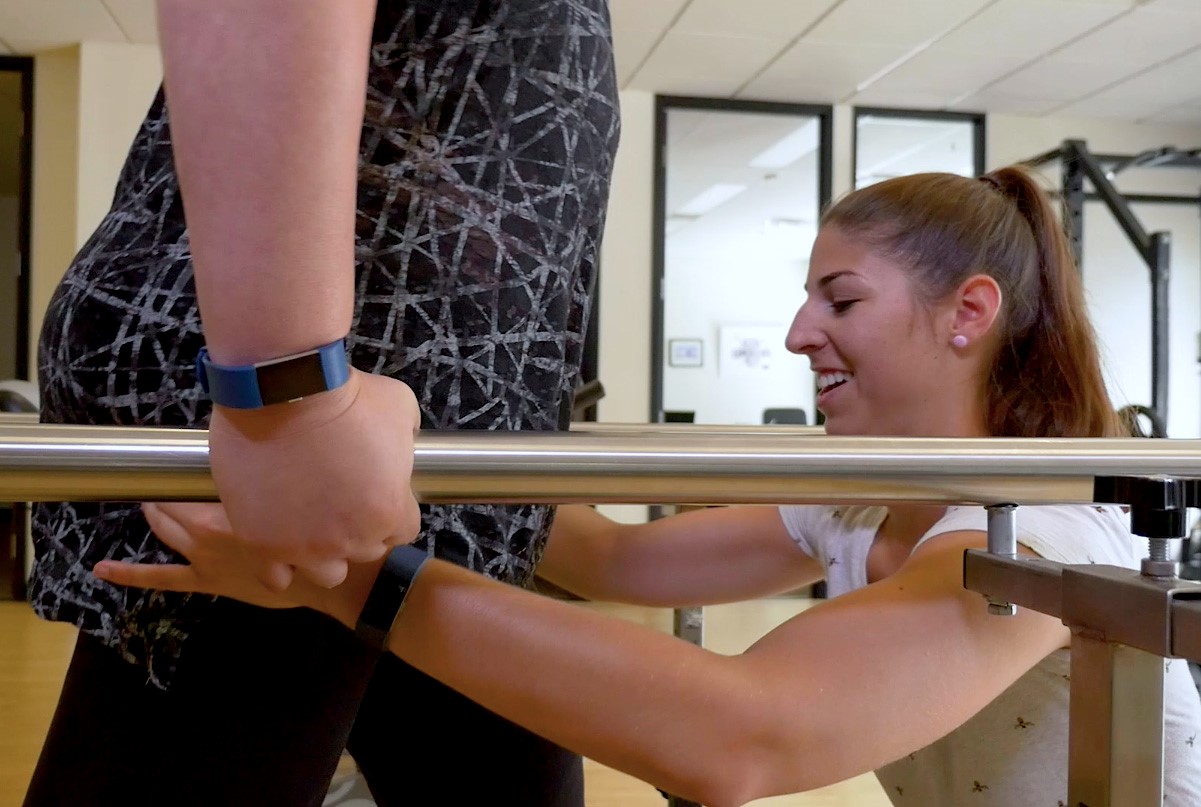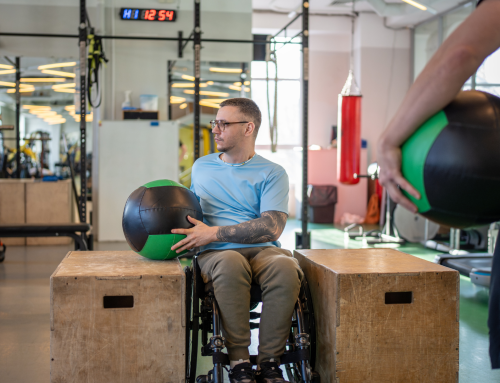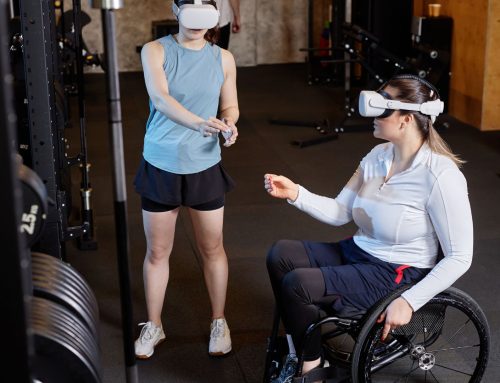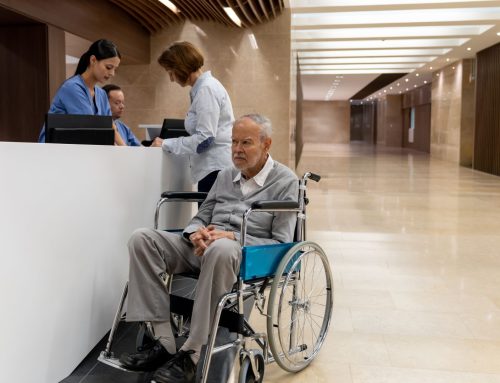What is Down Syndrome?
Down syndrome (also known as trisomy-21) is a congenital disorder which occurs when there is an error in chromosomal development, and an extra copy of chromosome 21 is made. Individuals with Down syndrome commonly display certain features including variations in their cognitive and physical development. Physical characteristics often seen in people with Down syndrome include: low muscle tone, ligament laxity, short stature, a protruding tongue, and a flat nasal bridge.
What is “Low Tone”? How it Impacts Gross Motor Development.
Low tone or low muscle tone occurs when the length of the resting muscle is longer than it should be, causing the muscle to feel ‘weak’ and ‘floppy’. Individuals with Down syndrome often present with generalized low tone, meaning any or all of their muscles can be affected – including muscles within their arms, legs, neck and back, but also the muscles that are used to swallow, cough and grasp objects.
Gross Motor Milestones for Kids with Down Syndrome
Thinking specifically about infants and children with Down syndrome, having low muscle tone will impact the rate and the order in which gross motor milestones are achieved, such as rolling, sitting, crawling, standing, walking, and jumping.
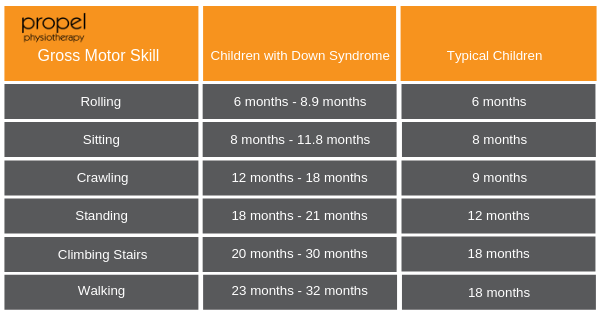
A study in 2017 (Beqaj et al), compared the age at which typically developing children and children with Downs syndrome develop a variety of gross motor skills. For example, typically developing children commonly demonstrate sitting without support around 8 months of age, compared to children with Down syndrome who master this skill between 8.0 and 11.8 months of age.
Other skills that were examined included crawling (9 months compared to 12-18 months), standing without support (12 months compared to 18-21 months), walking (18 months compared to 23-32 months), and climbing stairs (18 months compared to 20-30 months) to name a few.
It is extremely important to remember that each child with Down syndrome is unique, and will achieve gross motor milestones at their own pace, and in their own way. Research supports this idea by highlighting the varying ages at which gross motor skills are attained. For example, 14% of children with Down syndrome will walk by 18 months of age, but this percentage increases to 74% by 30 months of age (Palisano et al, 2001).
Physiotherapy intervention beginning at an early age can help facilitate the development of gross motor skills and can assist in the prevention of secondary complications such as joint pain, overuse injuries, and arthritis.
How Can Physiotherapy Help Kids with Down Syndrome?
Physiotherapy for infants and children with Down syndrome can help to do the following:
- Improve muscle strength
- Facilitate development and improve quality of gross motor skills
- Provide play-based exercises that can be completed at home
- Education to parents on how to best support your child’s gross motor development, and how to prevent secondary injuries
- Monitor your child’s hip, knee and foot alignment – recommendations for footwear and orthotics can be provided if needed
- Provide a safe environment for parents and children to work towards specific family goals (for example, going up the stairs into their home, walking outdoors, throwing a ball, etc)
At Propel Physiotherapy, physiotherapy intervention can be customized to meet your needs. Sessions can be completed in-clinic, at home or in your neighbourhood park!
If you have questions about your child’s development and would like a complimentary phone consultation or you are interested into group or individual physiotherapy for your child, please contact pediatric physiotherapist Janna Marvyn.
References
Gross Motor Function of Children With Down Syndrome: Creation of Motor Growth Curves (Palisano et al 2001)
Attainment of gross motor milestones in children with Down syndrome in Kosovo – developmental perspective (2017) Samire Beqaj1,2, Njomza Jusaj1, Vujica Živković2
National Down Syndrome Society
Down Syndrome Cork
Written by
FOLLOW US!
NEW SESSION OF CLASSES!
[fusion_events cat_slug=”fitness” past_events=”no” number_posts=”1″ columns=”1″ column_spacing=”” picture_size=”cover” padding_top=”” padding_right=”” padding_bottom=”” padding_left=”” content_length=”” excerpt_length=”” strip_html=”” pagination=”no” hide_on_mobile=”small-visibility,medium-visibility,large-visibility” class=”” id=”” /]

